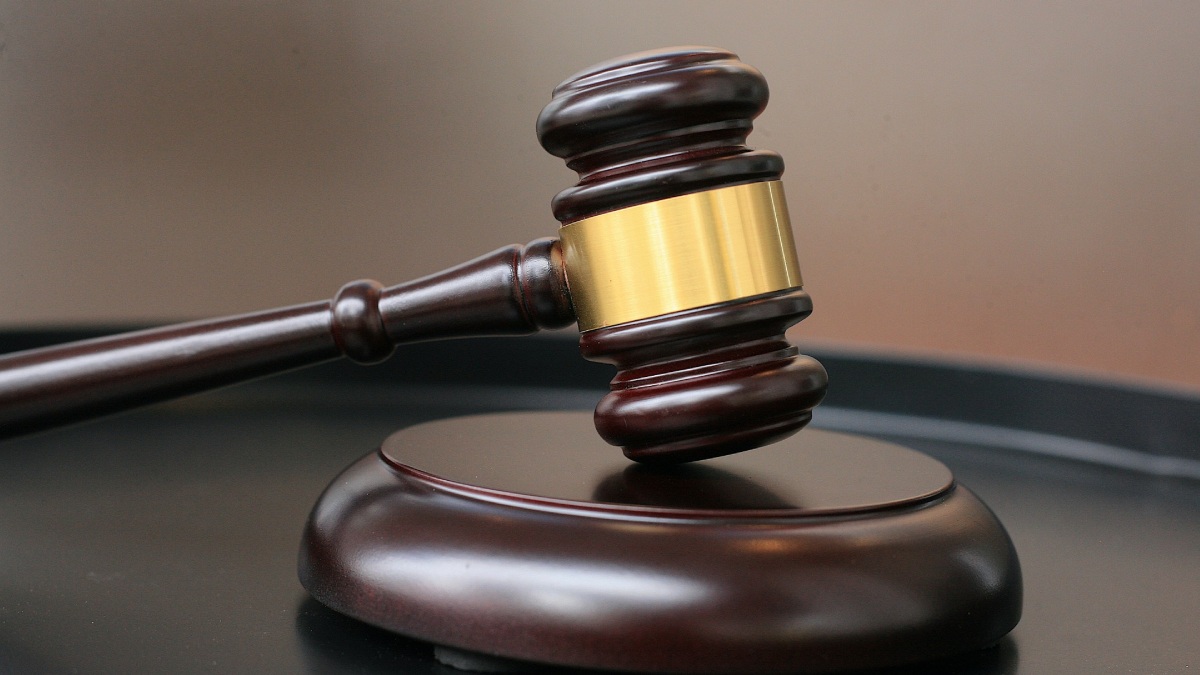The number of unresolved cases within the Philippine judiciary has surged to almost one million, spanning from the Supreme Court to lower courts. This staggering figure was revealed by Senate finance committee chairperson Grace Poe during her defense of the proposed 2025 Judiciary budget in a Senate plenary session on Monday.
The disclosure came in response to an inquiry by Senate President Pro Tempore Jinggoy Estrada, who sought clarity on the scale of pending cases. Poe provided an overview of the case backlog: the Supreme Court has 14,756 unresolved cases, the Court of Appeals 26,000, and the Regional Trial Courts 362,000. Shari’a Courts face 298,000 pending cases, while family courts and other lower courts contribute significantly to the overall total, which stands at 933,624 cases.
Senator Poe also mentioned that judges and justices are required by a Supreme Court memorandum to resolve cases within 90 days. Failure to meet this timeline can result in administrative cases against them. “There are about 250 cases pending involving judges… There is a latest decision involving an RTC judge in Antipolo,” she noted in a GMA News report.
Senate Minority Leader Aquilino “Koko” Pimentel III underscored that slow case resolution and allegations of corruption remain the top challenges facing the judiciary. He shared an example of a case that has been unresolved for a decade, stressing the need for improvement, even with the integration of technology.
However, Pimentel expressed caution regarding the use of artificial intelligence (AI) in judicial proceedings. “I don’t want anybody to be convicted by AI,” he said humorously, adding that the courts have assured that AI would not be used to adjudicate cases. Poe confirmed that AI is intended only as a supplement to assist judges, not replace them.
Court Administrator Raul Villanueva has outlined the judiciary’s plan to utilize AI for legal research, case progress monitoring, voice-to-text transcription, and language translation. Chief Justice Alexander Gesmundo reiterated last month that while AI can enhance efficiency, it will never substitute human judgment.
The Supreme Court is currently developing a framework to provide clear guidelines for AI usage in court management and operations, balancing technological innovation with the irreplaceable role of human discernment.






